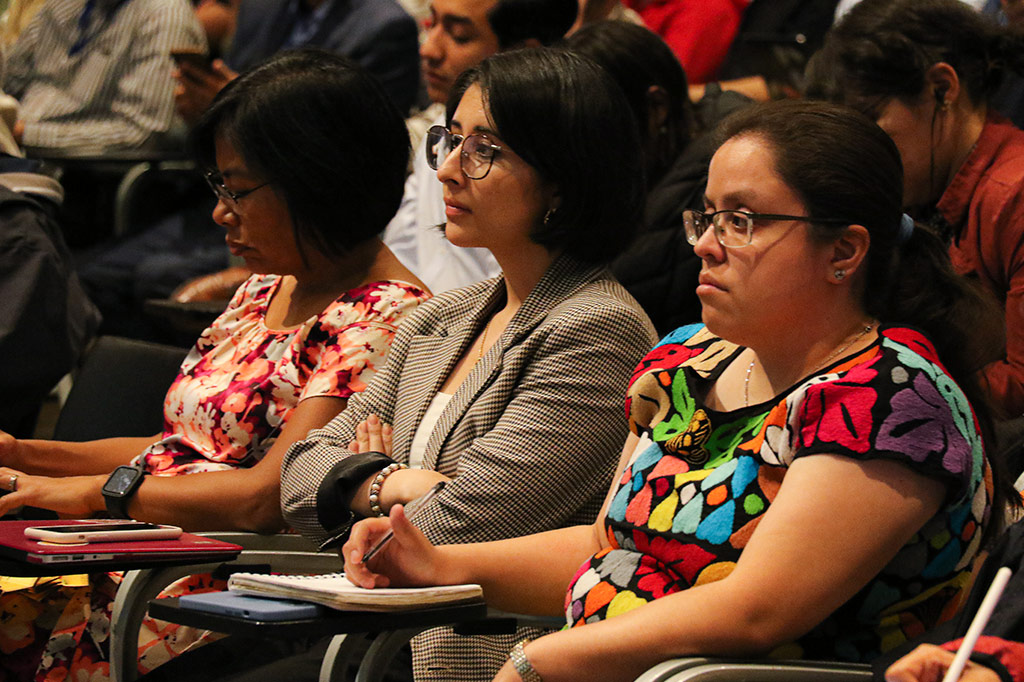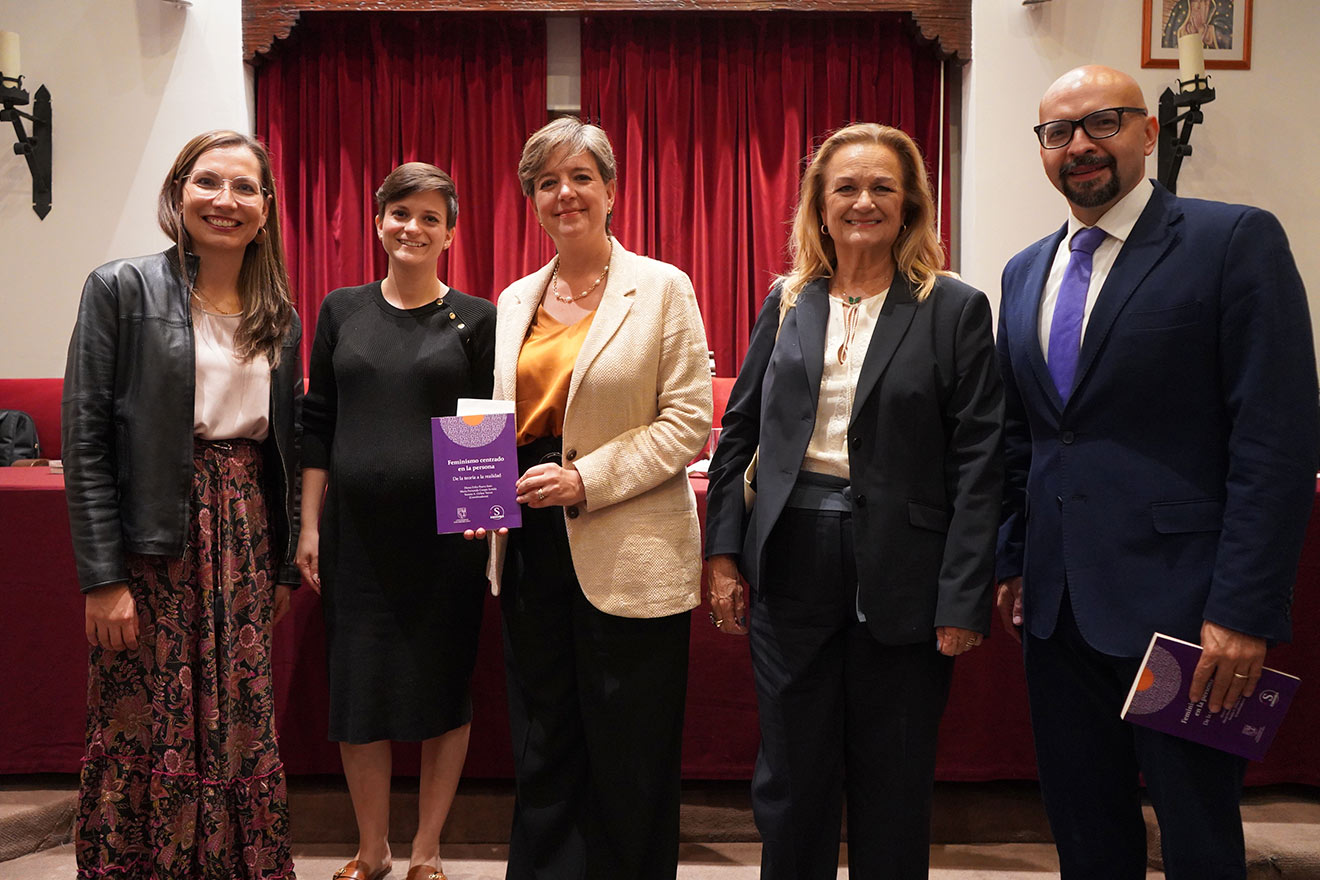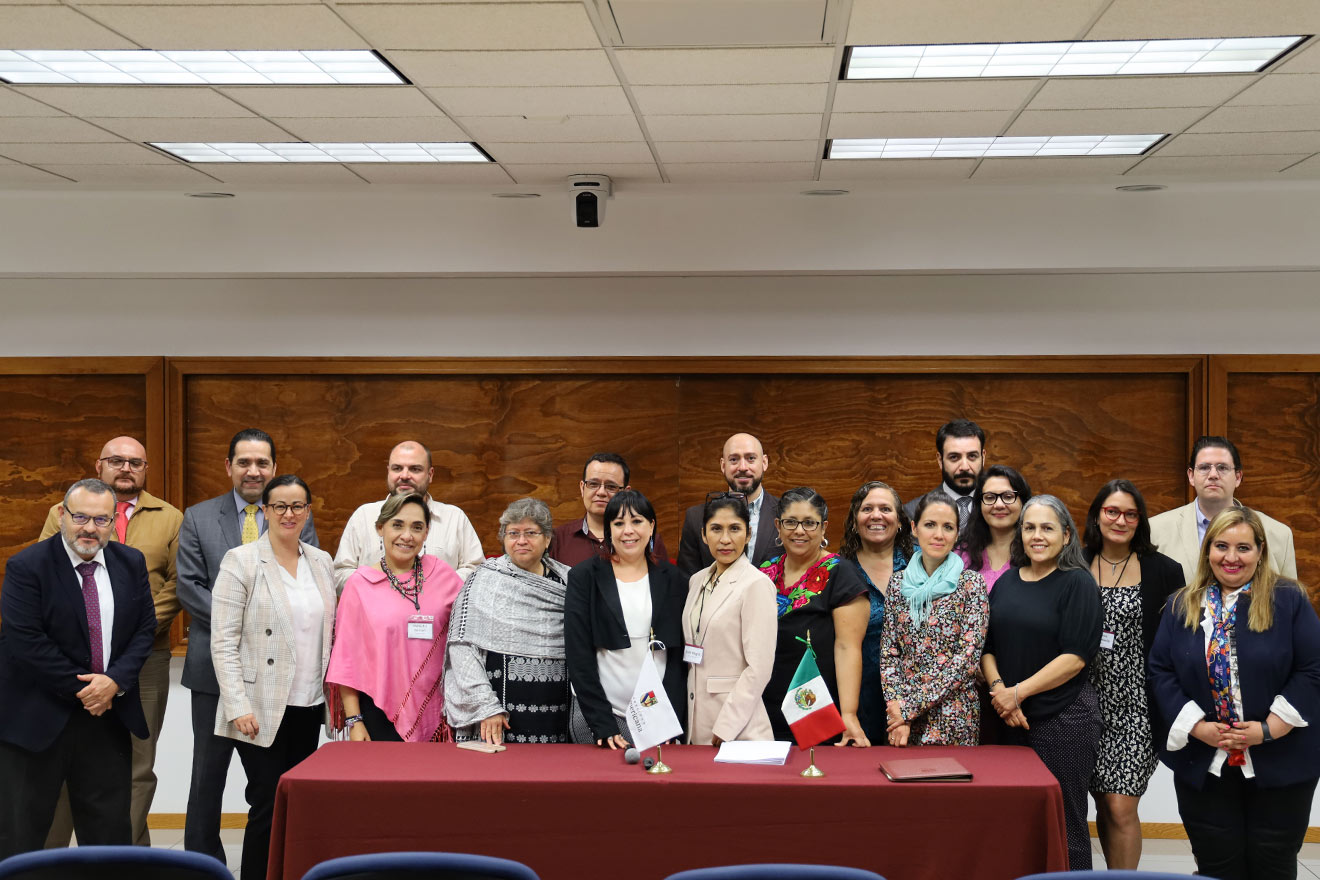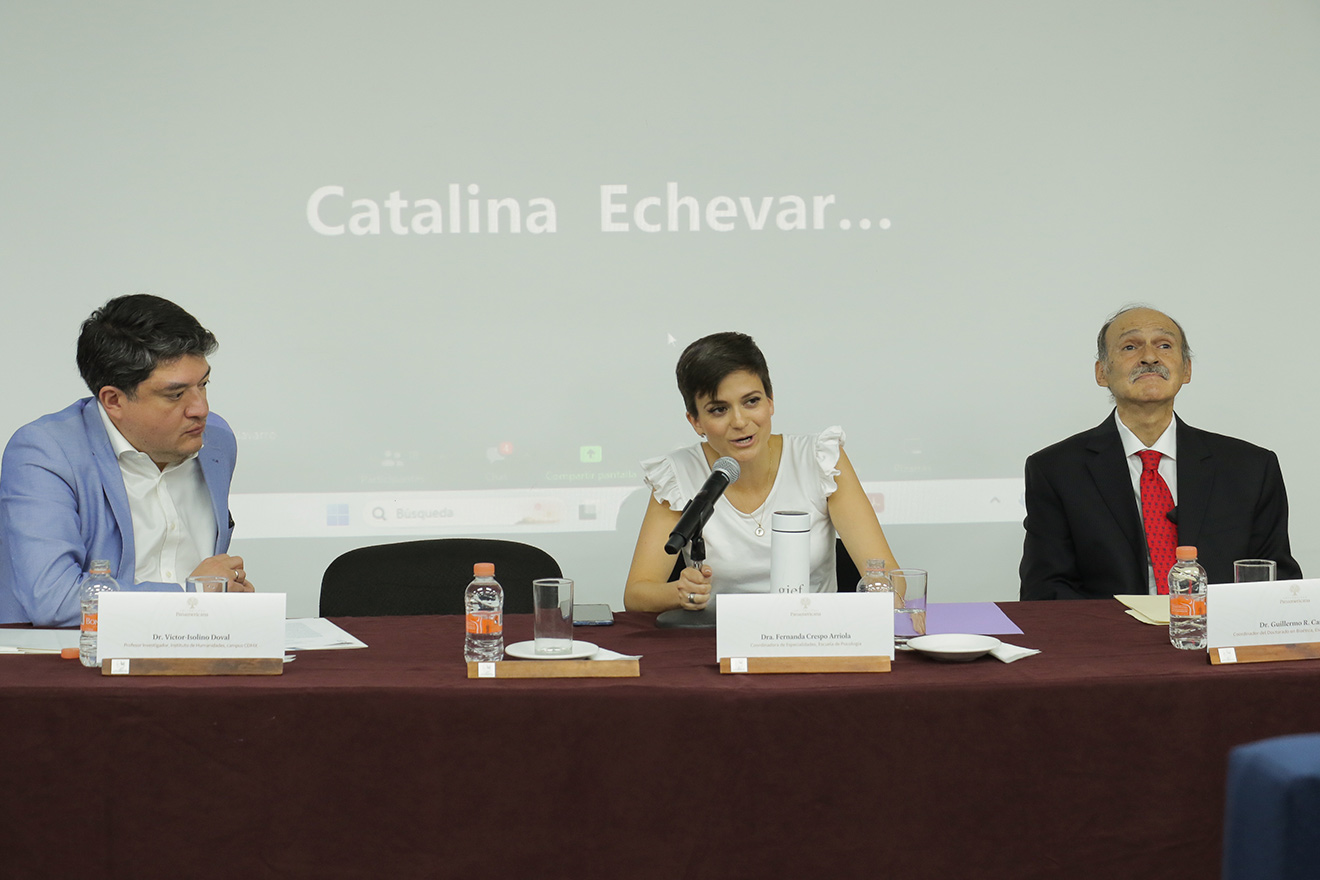Mexico City, April 26, 2024. Institute of Humanities of the Universidad Panamericanain alliance with the International Ratzinger FoundationFoundation, held the first International Congress Cooperatores Veritatisin the auditorium of our house of studies.

This first edition of the congress was dedicated to exploring how Joseph Ratzinger (Benedict XVI) relates to the great philosophers of the Western tradition and dialogues with them from his unique theological perspective.
The event was attended by academics from 13 countries: Australia, Brazil, Cameroon, Chile, Colombia, Spain, the United States, France, Hungary, England, Ireland, Germany and Mexico.
With this initiative, the Pan-American offered a space to reflect on our world, its great theoretical problems and its practical challenges, drawing on the philosophical and theological tradition in search of old and new proposals that allow us to leaven our culture and place the search for truth at the service of an authentic humanization of the world.
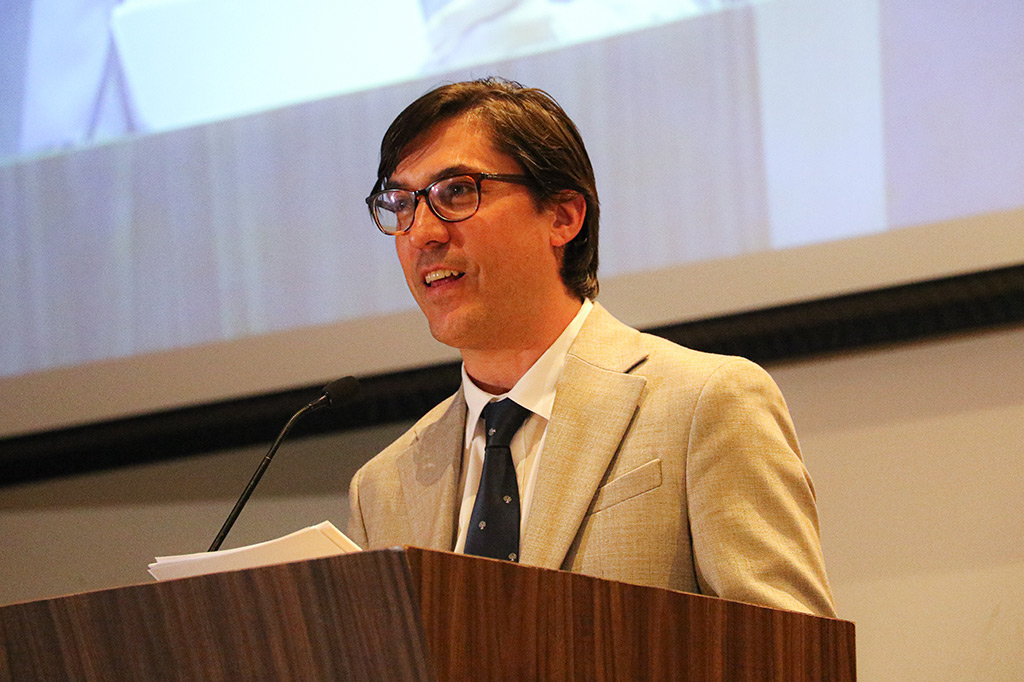
Ratzinger and Pascal: a Theology of Experience
The conference Ratzinger and Pascal: a Theology of Experiencegiven by Alejandro Sada, scholar at Universidad Panamericana, explored the connections between the theological vision of Joseph Ratzinger and the philosophical work of Blaise Pascal.
Ratzinger, known for his participation in the elaboration of the pastoral constitution of the Second Vatican Council, Gaudium et Spes, argues that philosophy alone cannot offer a complete rational explanation of the human being. In contrast, he proposes an approach that starts from Christ as the answer to the fundamental questions of humanity.
Pascal, for his part, is recognized for his "theology of experience," which focuses on the human condition marked by misery and the constant search for satisfaction. His work, the Penséespresents man as facing a series of existential contradictions that can only be resolved by Jesus Christ.
This philosopher exposes the duality between human greatness and human misery, pointing out that the awareness of the latter reveals the greatness of the human being as a being oriented towards the infinite.
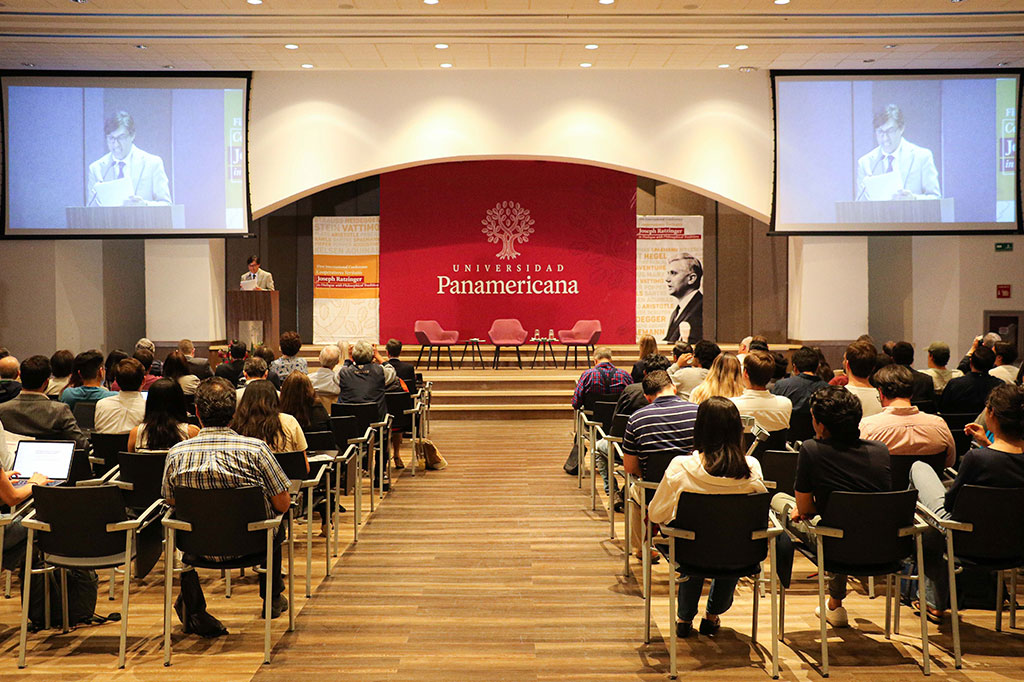
Sada's lecture highlighted how Ratzinger and Pascal share the idea that human experience reveals an inherent dissatisfaction that can only be resolved by faith in Jesus Christ. Both philosophers address the question of original sin and its impact on the human condition, arguing that humanity is alienated from its true nature and in need of redemption.
In addition, he noted that Ratzinger, like Pascal, considers death to be a significant manifestation of the human condition, revealing the paradox of an existence oriented toward the future, but limited by mortality. Both thinkers recognize modern man's inability to experience God and perceive sin, which hinders his ability to find truth and happiness.
He also emphasized how Ratzinger, like Pascal, sees in Jesus Christ the answer to the fundamental questions of human existence. For Ratzinger, faith in Christ is essential to understanding the truth about man and his relationship with God. He also stressed the importance of presenting the truth of Jesus Christ in a way that resonates with the concerns and questions of the present age.
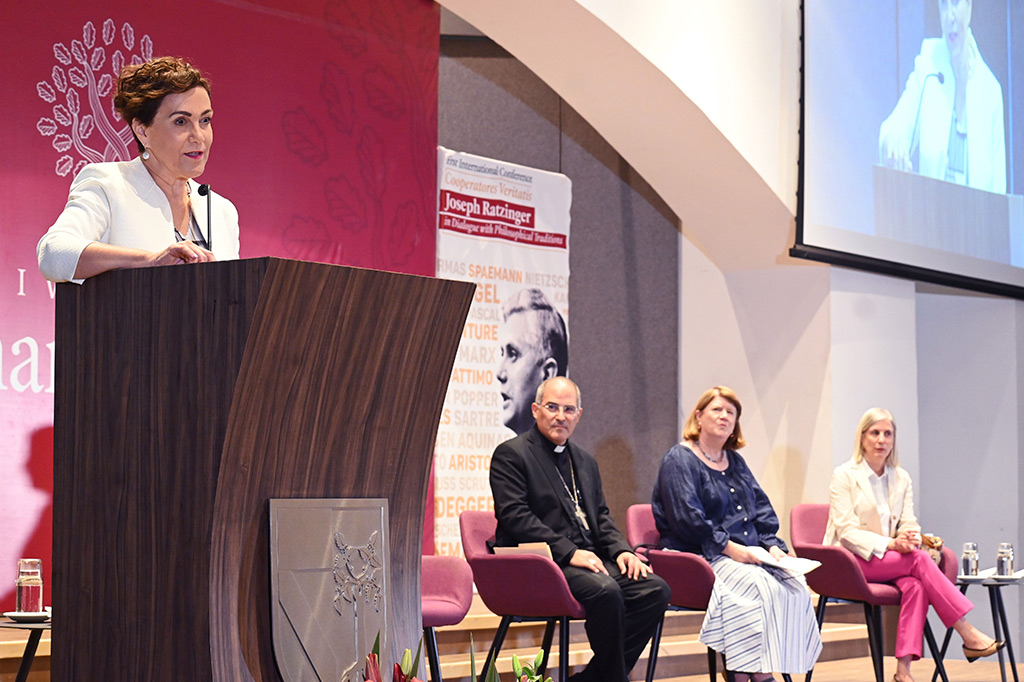
Philosophy and Theology According to Joseph Ratzinger
The Conference Philosophy and Theology According to Joseph Ratzinger given by Pablo Blanco, winner of the Ratzinger Prize 2023, explored the interrelationship between philosophy and theology according to Ratzinger's ideas.
Blanco stressed the importance of reason in faith and theology, emphasizing that the latter does not start from a rational construction of faith, but from the responsibility inherent in faith itself; and he pointed out that Ratzinger's thought criticizes the lack of courage of contemporary theology to use reason in a decisive manner.
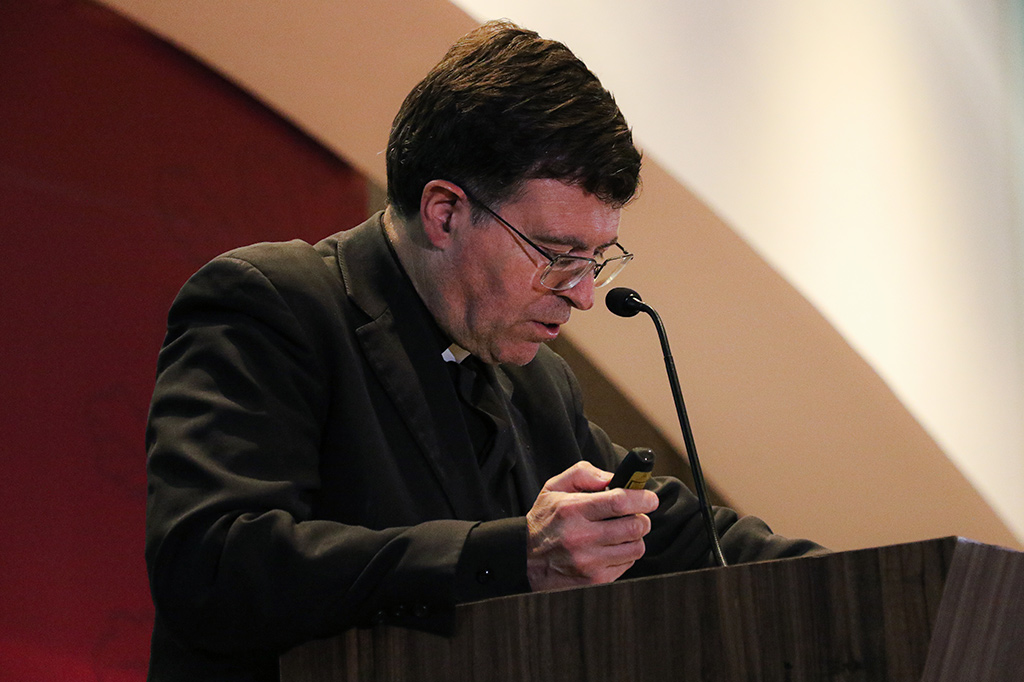
He explained that faith does not suppress reason, but rather stimulates and complements it, allowing for a deeper understanding. Theology, as a science, requires reason as much as faith and the Church. He also stressed the importance of giving reasons for faith and the need for a method in theology that is not limited to historical and philological scrutiny.
He said that Ratzinger defends the necessity of philosophy in theology, stressing that theology must be scientific and speculative at the same time. He also spoke of the relationship between philosophy and theology as crucial for arriving at the truth; and he stressed the sapiential dimension of theology, which embraces both intellectual knowledge and vital wisdom in communion with Christ.
Finally, he spoke of the fact that theology is also centered on the person, which gives it a concreteness and relationship with all the dimensions of knowledge about God. He explained that Ratzinger's thought emphasizes that theology and philosophy form an inseparable couple, each preserving its own task and identity, but complementing each other.
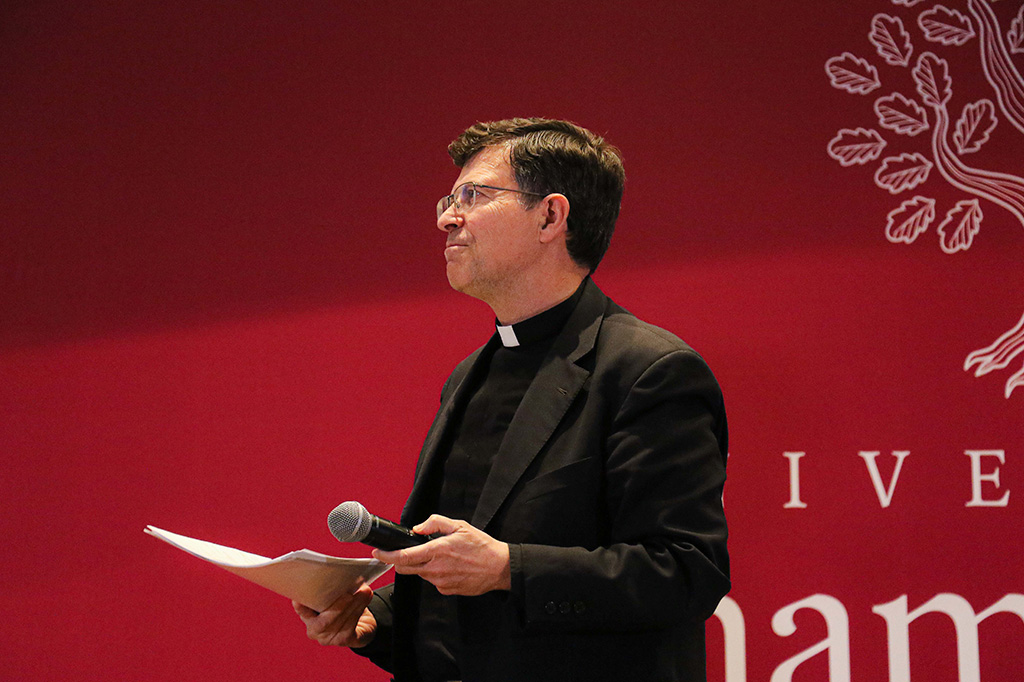
About the Institute of Humanities
The Institute of Humanities of the Universidad Panamericana is an academic-cultural project oriented to the understanding of Christianity inserted in history, to the deepening of the reality of the person, to the offering of an ethical and social orientation for action, as well as to the management of a constant work of integration of knowledge among them and their articulation with life and with the Faith.
Learn more at: https://www.up.edu.mx/educacion-universidad-instituto-de-humanidades/
